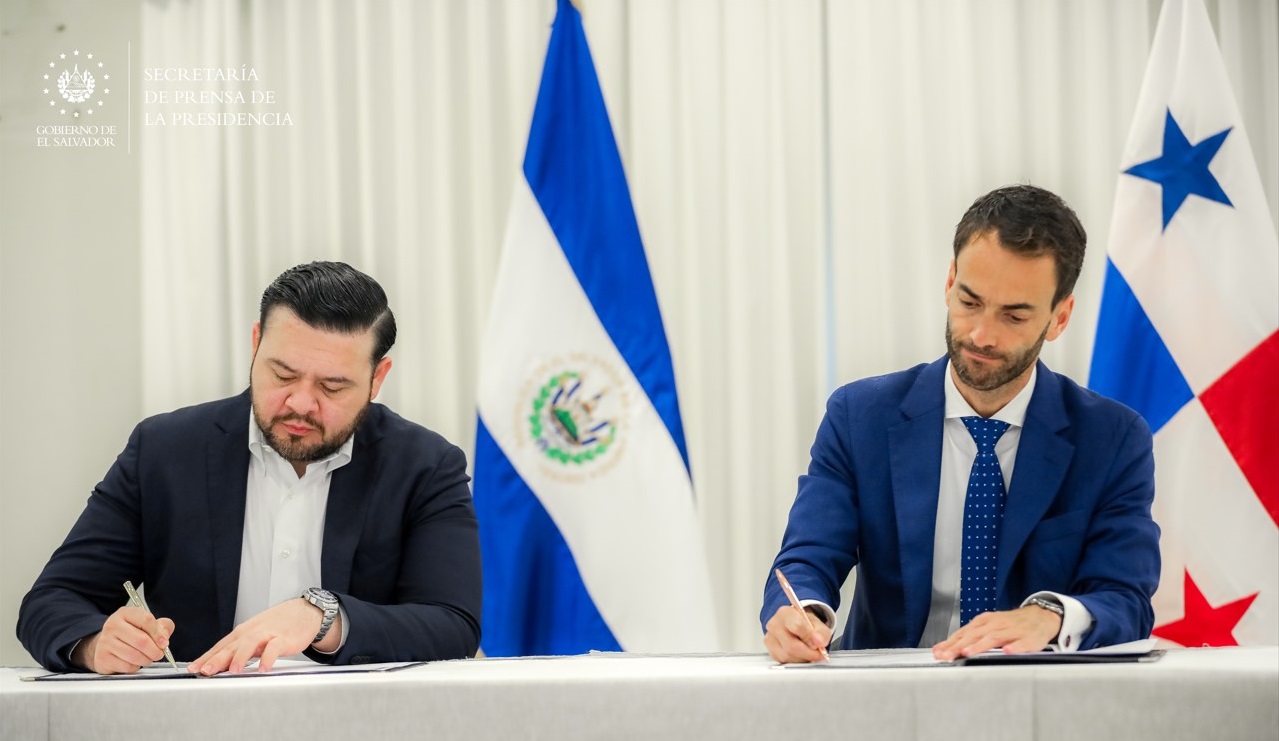According to the firm EY, the tax return is a document that evidences the income obtained and reported by the taxpayer before the different government authorities, as well as for financial institutions. In addition, it emphasizes that the tax income obtained through the income tax return is intended to cover the needs and obligations of the State.
Who is obliged to file a tax return?
According to the Income Tax Law, the following are obliged to declare:
Salaried individuals with annual income over US$60,000, or with income equal to or less than US$60,000 if the amount to be paid results.
- Natural persons domiciled or not with taxable income from salvadoran source higher than the exempt base (US$4,064.00);
- Legal entities domiciled or not;
- The subjects who are obliged to keep formal accounting;
- All subjects to whom the tax has been withheld, either totally or partially;
- Those who had declared in the previous fiscal year;
- Inheritances;
- Trusts;
Non-domiciled cultural, artistic, sports or similar groups established as taxpayers under this law;
All subjects registered as taxpayers of the Tax on the Transfer of Movable Goods and the Rendering of Services ("VAT"), even if they have not received income.
However, there are exceptions. According to Article 92 of the Income Tax Law, they are not obliged to file a tax return:
Domiciled individuals with taxable income equal to or less than US$4,064.00 and individuals who obtain income exclusively from salaries, wages and other remunerations, as long as they have been subject to withholding for the payment of such tax and the income is not greater than US$60,000.00 per year and the value withheld corresponds to the tax determined.

EY's tax specialist clarifies some of the frequent questions that this tax return generates:
1. What income must the taxpayer declare?
The EY specialist explained that all income obtained is declared, that is, products or profits obtained by individuals either in cash or in kind and coming from any kind of source, such as, for example: work, business activity, capital investments and in general any product, gain, benefit or profit of any origin. For individuals the deductions allowed are US$800 for medical expenses and US$800 for education expenses. As well as business expenses, in case they declare diverse incomes.
It is also advisable to verify that the amount of ISSS and AFP reflected inthe suggested statement on the Ministry of Finance website coincides with the statement given to you by your employer.
2. How long should medical and study invoices be kept?
Tobar explains that according to article 33 of the LISR, all natural persons must keep invoices for medical and education expenses for a period of 6 years. Legal entities and individuals with diverse incomes are recommended to keep the documentation for a period of 10 years.

3. If a person rents housing, can he/she deduct this expense?
The rental price of real or personal property used directly in the production of income taxable with income tax is deductible.
However, the amounts invested in renting housing for the personal use of the taxpayer are NOT deductible (article 29 numeral 4) and 29-A numeral 6), both of the LISR).
4. If the taxpayer extends the deadline to be able to pay, is it necessary to cancel any arrears?
Yes, if the taxpayer files the income tax return within the legal term, but does not make the corresponding income tax payment, the corresponding interest rate would be applicable.

5. If the taxpayer is required to file and does not do so, what are the consequences?
Failure to file the income tax return is punishable with a fine equivalent to forty percent (40%) of the tax determined, which in no case may be less than one minimum monthly salary. (Article 238 literal a) of the CT).
Reductions to the fine are applied if the taxpayer voluntarily files the tax return after the due date. They also apply interest for late payment of the tax.
The taxpayer may also have the status of insolvent and, consequently, may not be able to perform certain acts for which tax solvency is required.
6. What happens if at the time of filing the tax return I have to pay and it is a high amount. Is there any way to do it in installments?
Article 74, third and fourth paragraphs of the Tax Code ("Código Tributario" or "CT") enables the granting of extensions, facilities or deferred terms for the payment of income tax. Taxpayers may request payment in installments before the General Treasury Directorate at the time of filing the corresponding tax return.
Such request must be made within the same period of time as the one for filing the tax return.
In case of a favorable resolution to the request, they may be granted up to a maximum of six continuous months for its payment through equal and successive installments, without being able to extend such term.
The request for payment in installments shall proceed only on ninety percent (90%) of the amount determined to be paid, except in the case of salaried individuals, who may request payment in installments on the total amount of the tax to be paid.
7. Is there any interest charged if payment is made in installments?
Yes, according to the specialist, an annual interest rate of 6.77% is established. In payments after 60 days an interest rate of 10.77% per annum is applicable. Interest rates are reviewed every six months.
It is important to be clear about the period in which salvadorans have to file the tax return, since generally April 30 is the last day to do so, either online or in person at the respective offices; however, this year, the deadline will be may 2 because the last day of april and the first day of may are saturday and sunday respectively.
"However, if a person does not have access to digital tools, he/she could approach the Ministry of Finance, where he/she will find delegates who will support him/her to carry out this process. It is important to emphasize that people should bring the documentation that supports their income and expenses so that the delegates can support them and carry out the process in a better way", said Tobar, Senior Manager of the EY Firm.
Not being solvent with the payment of taxes makes it impossible to carry out procedures such as the registration in the Registry of Commerce of the agreements and public deeds of merger, transformation, modification, dissolution or liquidation of companies; the participation in bids for the supply of goods or services to the central government, municipalities and autonomous entities; the participation in bids for the supply of goods or services to the central government, municipalities and autonomous entities; to choose to work as a public official; to register in any public registry of real estate or real rights constituted on them, documents with amounts greater than thirty thousand dollars; to request bank credits for amounts greater than thirty thousand dollars, credit cards for amounts greater than four thousand dollars.
 English
English  Español
Español 
